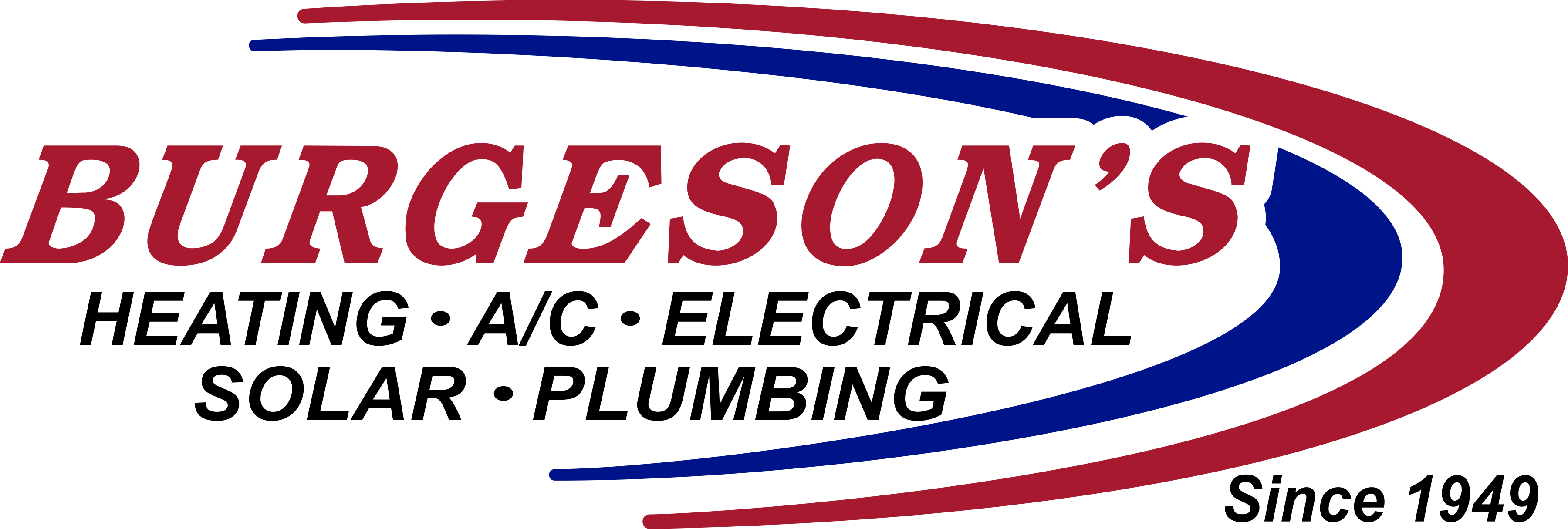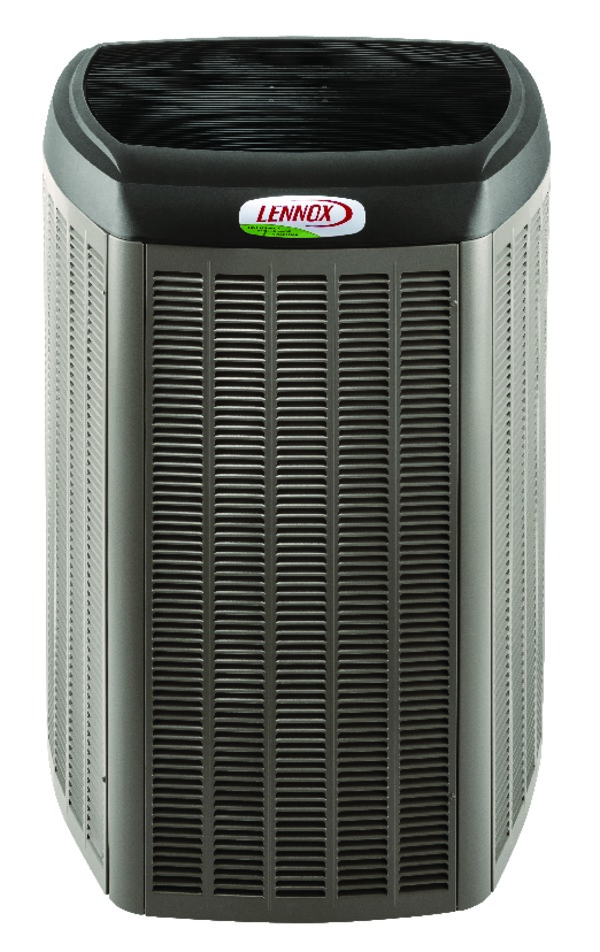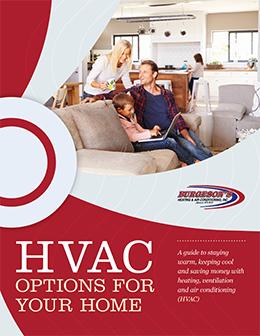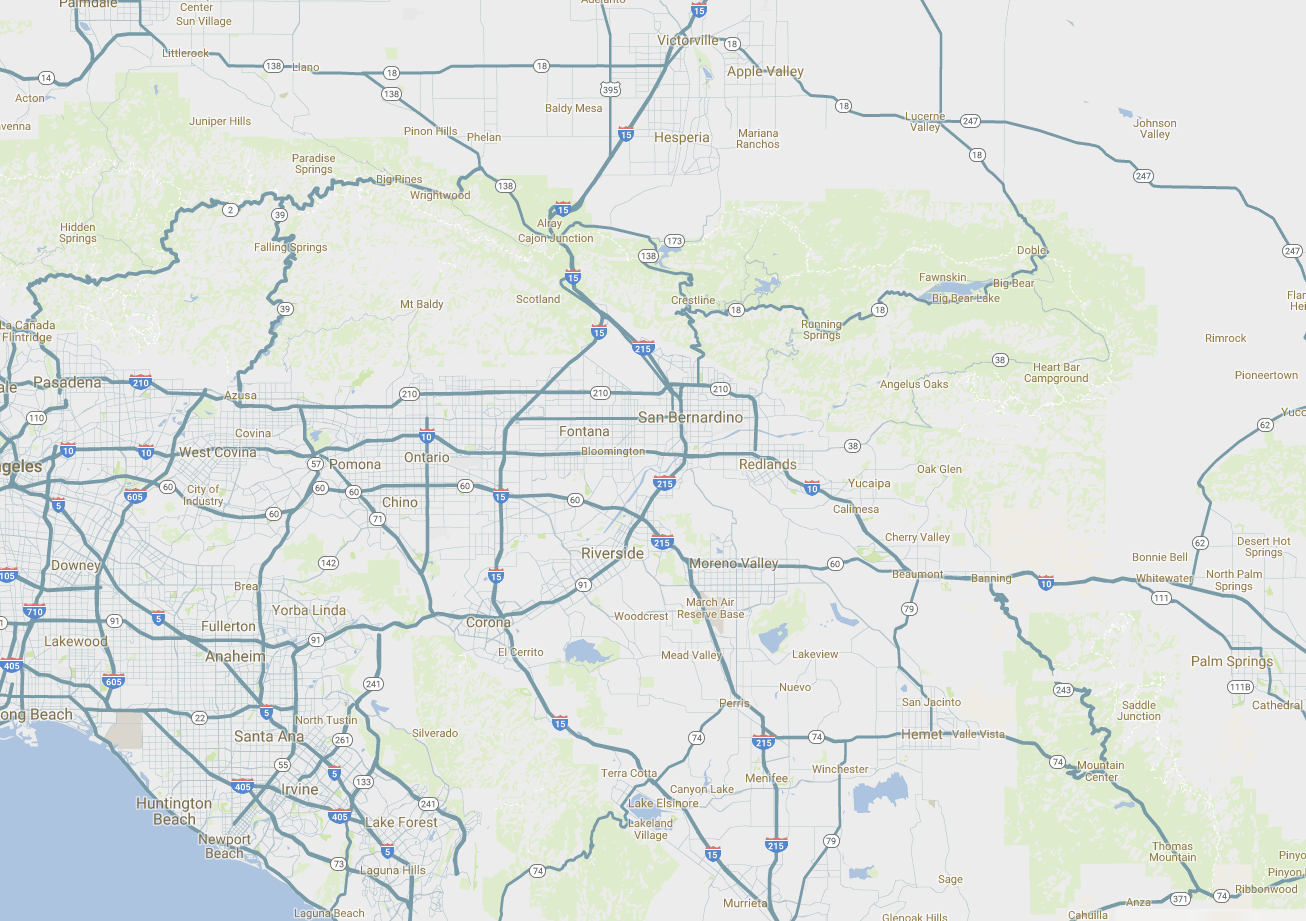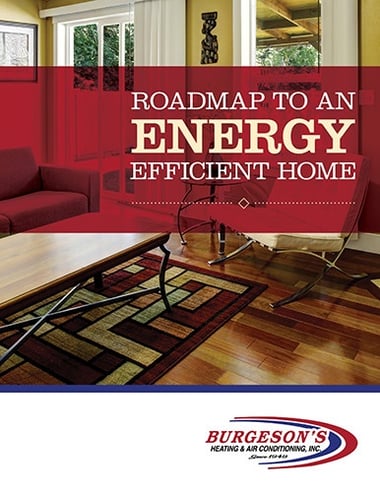HVAC systems equipped with variable speed technology provide far more efficiency than its single and two-stage compressor alternative. In terms of HVAC, variable speeds simply mean that a unit is able to vary its output speed depending on indoor temperatures. Since homes rarely need their HVAC equipment running at 100 percent capacity, variable speed technology provides significant benefits.
How Do Variable Speed Systems Work?
Variable speed compressors work by using an inverter to speed up or slow down the motor according to heating or cooling load. Instead of all the power going directly into a traditional AC compressor (which runs at a fixed speed), the inverter provides the compressor with a specific voltage, essentially saving energy. The motor can then adjust its operating speed depending on the indoor temperature.
Increased Efficiency
Traditional systems cool a home, for example, by having the compressor on at full capacity. In turn, a home reaches the desired temperature set point and the system cycles off. Inevitably, temperatures increase to an uncomfortable point again which forces a fixed system to turn back on again. The energy expended to start up a fixed system is much more than the energy required to run a variable compressor continuously. Variable speed technology does not require an HVAC system to cycle on and off as often as a traditional system. Furthermore, during light load situations a variable speed compressor can run at an appropriate speed.
Improved Comfort
The precision between compressor output and load also means improved homeowner comfort. A variable speed system does not require the same amount of cycling as a traditional system because it has a longer run time. This consistency in operation means the system can keep more precise temperature control (within a tenth of a degree). For regions that experience hot and humid climates, a variable speed system is a good option. As the system runs in air conditioner mode, it pulls humidity out of indoor air at the same time. Additionally, during extremely hot or cold outdoor temperatures (in heat pumps), a variable speed system can provide the extra needed capacity. Unlike a traditional system, a variable speed air conditioning unit can overspeed the compressor.
While variable speed systems cost more upfront than a fixed speed system, the energy efficiency attached to the system can provide significant energy savings throughout the system's lifetime. It goes without saying that efficiency and savings depend on application and climate.
